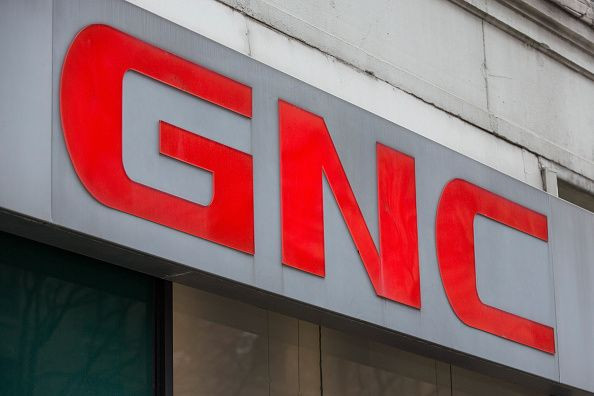Is GNC Headed Towards Bankruptcy? Retailer Warns Of Financial Situation, Could Close Some Stores Permanently

GNC (GNC) is struggling to stay afloat as the coronavirus bears down and strips retailers of their ability to operate their brick-and-mortar stores. The nutrition supplement company warned that a possible Chapter 11 bankruptcy filing could be coming if it is unable to secure the liquidity it needs to survive.
Along with the potential for bankruptcy, GNC said in its Securities and Exchange Commission filing that some of its stores that were closed temporarily because of the COVID-19 pandemic may close permanently. GNC has closed about 1,300 of its stores in the U.S. and Canada because of the coronavirus.
GNC said the Chapter 11 filing would allow the company to restructure as its debt, which matures on May 16. The company has already said it does not have the money to make the payment. GNC said in its SEC filing that there is “substantial doubt” that it will survive over the next 12 months, which could push it into bankruptcy.
The company revealed its dire financial situation on Monday, reporting a net loss of $200.1 million for Q1 2020. This was a 1200% increase in net losses from a year earlier. GNC did see its e-commerce sales increase 25% during the store closures.
GNC reported that it has about $137.4 million in cash and cash equivalents. The company reportedly drew $30 million from its revolving credit facility in April.
"As people around the globe cope with the COVID-19 outbreak, GNC's mission has never been more clear," Ken Martindale, CEO at GNC, said in a statement. "Our transformation into a true omni-channel brand continues and we are working diligently to reposition and restructure our business for the future."
Shares of GNC stock were down 7.93% as of market close on Tuesday.
© Copyright IBTimes 2025. All rights reserved.





















